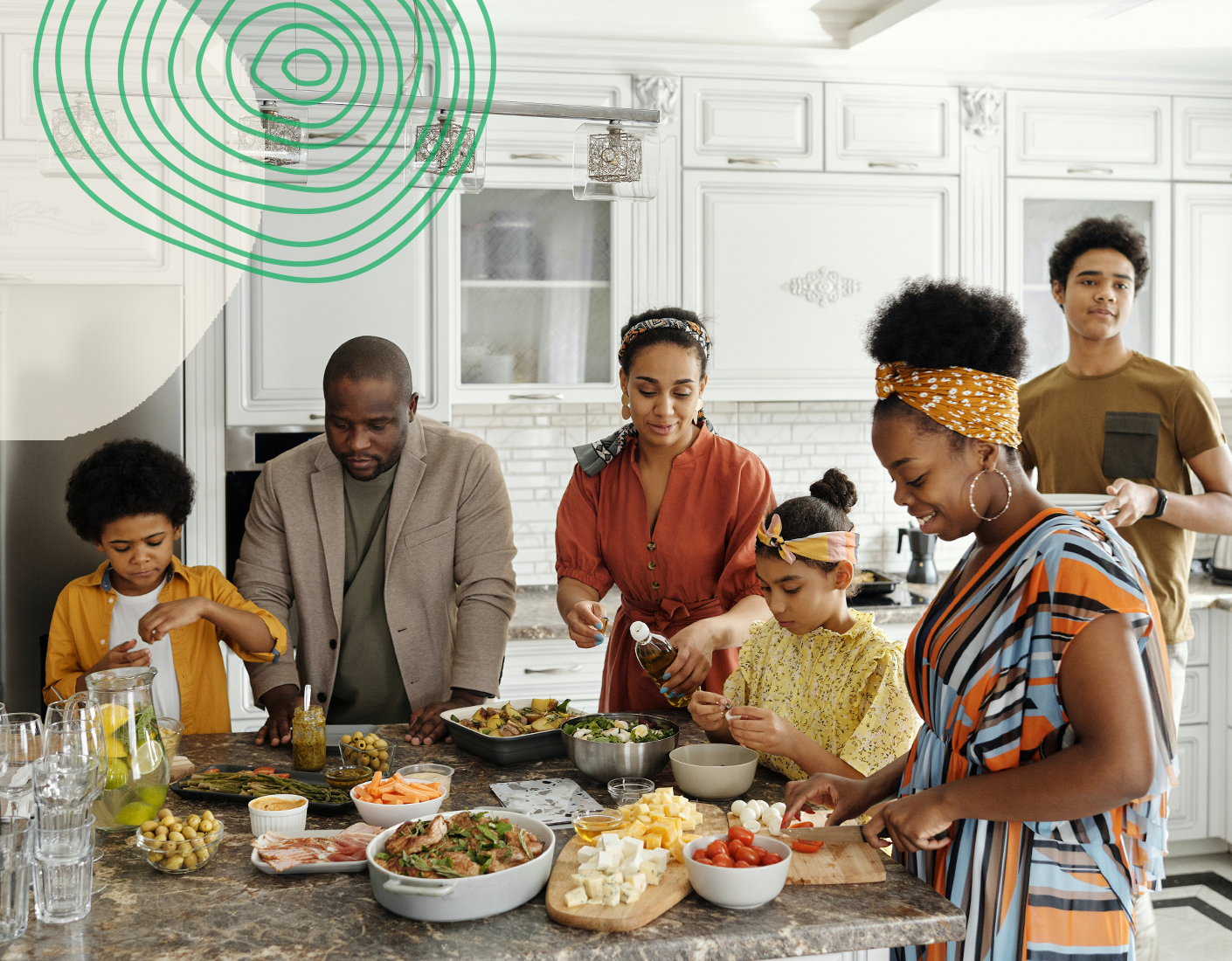It’s no secret. Across the United States, there is a major disparity in homeownership rates across Black, Latinx, and White families. America’s history of slavery, segregation, and redlining have all contributed to the difference in these rates. Data from the last several years has shown that the Black-White homeownership gap is at its worst in 50 years. The gap widened by two percentage points between 2010 and 2017. According to the Urban Institute, the 30.1% gap in 2017 is wider than when race-based discrimination was legal. Esusu’s vision is to bridge the racial wealth gap through the power of data, so why focus heavily on homeownership? Owning a home is one of the biggest drivers of wealth in America. Though there are many factors at play, national appreciation values for homes in the US average around 3.5% to 3.8% per year. Without a focus on closing the homeownership wealth gap, we’ll never be able to help solve the larger racial wealth deficit. The fight to close this gap ties closely to this year’s Black History Month theme of “Black Resistance.” We’re kicking off the month by honoring a few organizations fighting against the status quo and making homeownership a reality for Black families. Black Homeownership Collaborative The Black Homeownership Collaborative is committed to creating 3 million net new Black homeowners by 2030. Officially founded in 2021, the group is a coalition of more than 100 organizations and individuals, including NAACP, National Association of REALTORS®, and Urban Institute. Their 7- point plan, dubbed “3by30,” includes homeownership counseling and down payment assistance for first-time Black homeowners. If you’re considering buying a home and want to learn more about how 3by30 can help, check out their site. African American Alliance for Homeownership (AAAH) AAAH is dedicated to increasing homeownership and economic stability for African Americans and other underserved individuals. The organization is Department of Housing and Urban Development (HUD) approved and has been in operation since 1997. They focus on helping first-time homebuyers and existing homeowners on a financially healthy pathway to homeownership. You can learn more about their first-time homebuyer and foreclosure prevention counseling services (among other offerings) on their website. Black Homeownership Project, New York City Local organizations are invaluable in the fight to close the racial homeownership gap because they are, by far, the most tapped into the needs of their municipalities. In New York, the Black Homeownership Project (BHP) works to do just that. Since the 2008 financial crisis, the number of Black homeowners in New York City has decreased dramatically. According to BHP, the City lost 20,000+ Black homeowners between 2005 and 2017 in Queens alone. The organization has established several pilot programs to connect Black New Yorkers with the support they need to make homeownership possible. You can request expert local counseling or legal assistance here. Fannie Mae and Freddie Mac Fannie Mae and Freddie Mac, the two government entities that provide many first-time homebuyers single-family mortgages, have started a new program to make qualifying for a mortgage more accessible to everyone. First-time homebuyers can have limited credit histories, making it hard to be approved for a mortgage. Both agencies are now incorporating on-time rent payment history as a factor in their loan purchase decisions. This is a landmark decision for renters who are looking to make the transition into homeownership. Read more about Fannie Mae and Freddie Mac’s initiatives, announced last year. Let’s connect! As Black History Month begins, we want to know what organizations you follow in the housing and financial resilience space. Give us a follow and join the discussion on Instagram, LinkedIn, or Twitter!
🔗 Embedded content: https://go.esusu.com/l/967863/2023-11-03/k2llqg

.svg)


